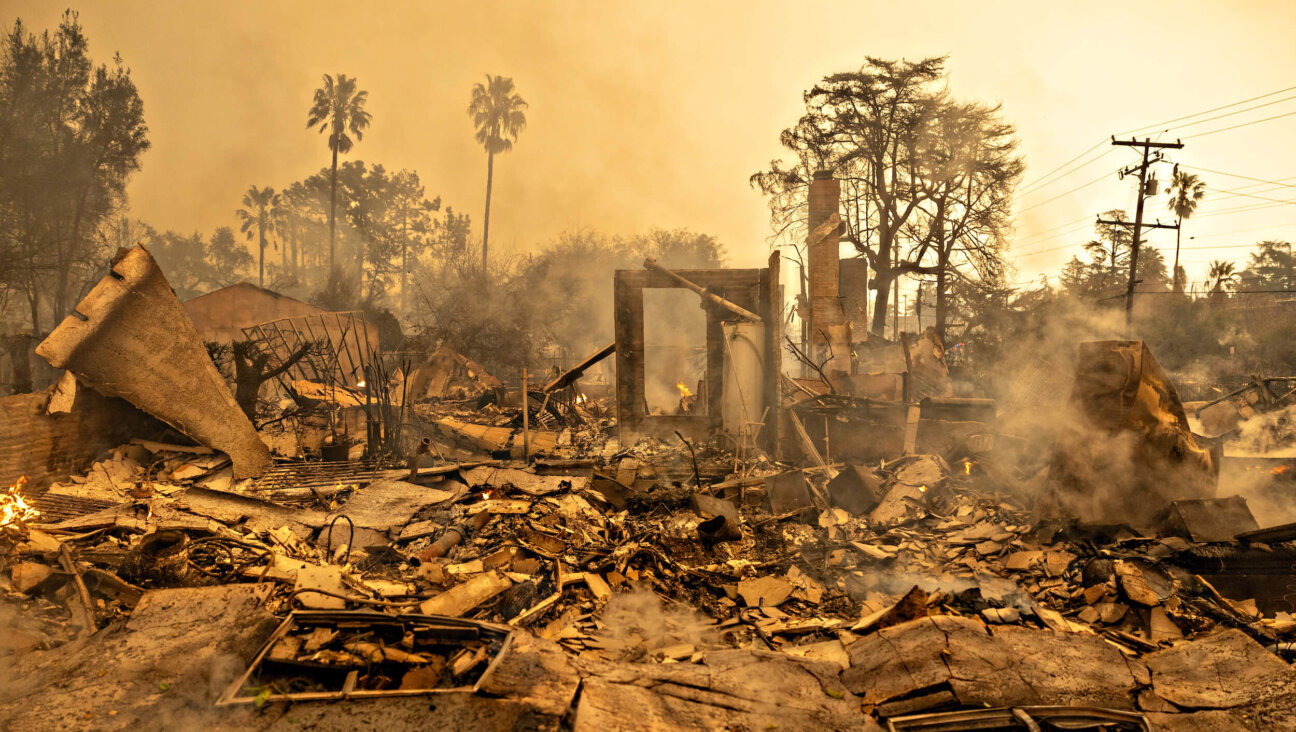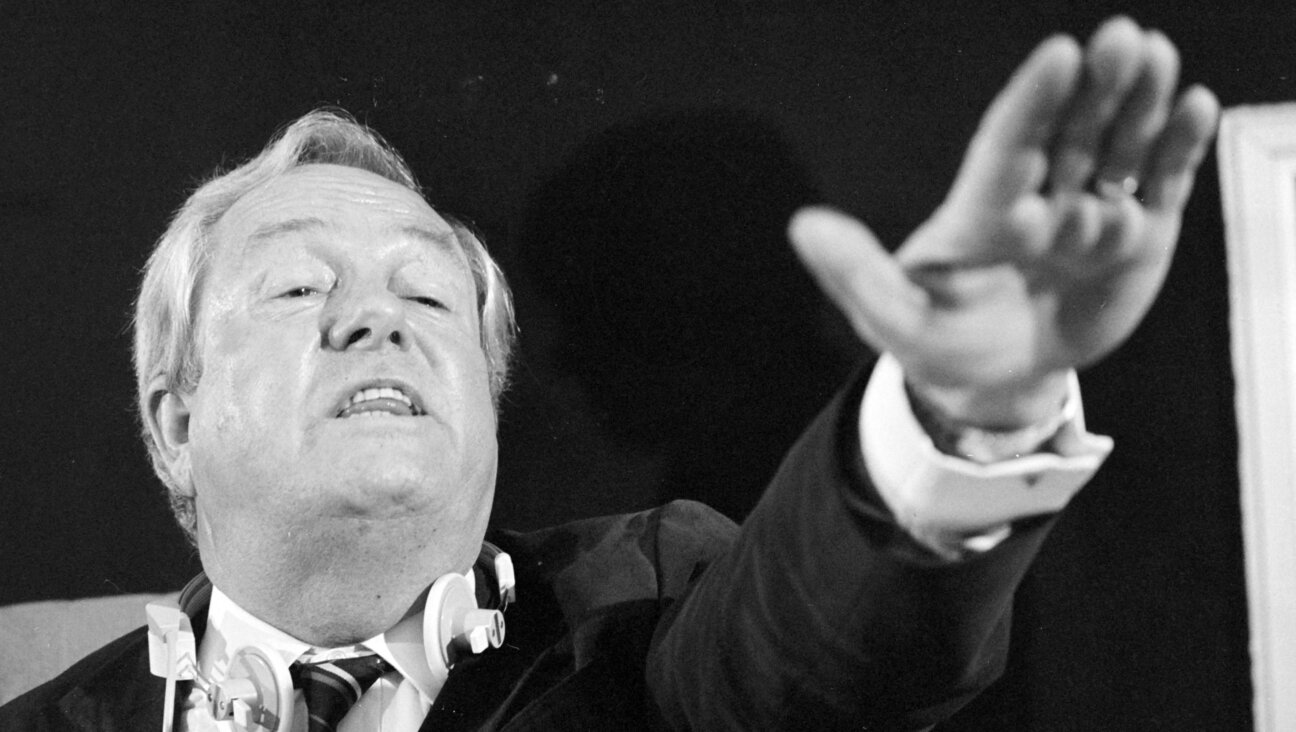Returning to Rabin’s Zionism

Yitzhak Rabin Image by getty images
On a hopeful evening in early November 1995, a broad cross-section of Israel’s population gathered in Tel Aviv’s Kings of Israel Square to join together for the cause of peace. They came to hear from their leader, Yitzhak Rabin, recently awarded a Nobel Peace Prize for his role in the Oslo Accords. Rabin’s words that evening included the following statement: “Violence erodes the basis of Israeli democracy. It must be condemned and isolated.”
Upon finishing his speech and singing “Shir LaShalom” (“A Song of Peace”) with the crowd, Rabin left the stage and headed toward his waiting car. It was then that three shots rang out, and this lover of Zion, who had devoted his life to rebuilding his people’s homeland, was killed in an act of senseless violence. The perpetrator? A misguided Jew with a heart of hate, Yigal Amir. How little we understood then the extent to which Amir was simply the most extreme and murderous example of an ideological culture that threatens the character and fabric of the Zionism that created and shaped Israel — the Zionism of Yitzhak Rabin.
This very Zionism that so many American Jews love — the Zionism of the founding generations representing leaders and thinkers as disparate as A.D. Gordon and HaRav Abraham I. Kook — is yet found in vital corners of Israeli society. In many ways it remains the Zionism of the silent majority. This Zionism, which embraces both universal ethics and the fulfillment of Jewish peoplehood, needs to raise its voice and protest the despicable crimes that are perpetrated in the names of Judaism and Zionism today, crimes ranging from spitting on school girls to burning mosques, from assaulting soldiers of the Israel Defense Forces to defacing private property with swastikas. This Zionism needs to re-energize itself and proclaim its values to the world in Israel as well as here in the North American Diaspora.
There is no doubt that Israel faces many dangerous and serious threats. Hamas in Gaza regularly causes violent turmoil by lobbing rockets over Israel’s southern border. Hezbollah, funded by Iran, is the constant threat from the north. And, of course, Iran itself, a nation led by a Holocaust-denying president, is believed to be developing a nuclear weapon while calling for Israel to be wiped off the map. There is no question that Israel’s security needs require our unswerving and relentless support in the face of these very real and grave threats.
But this other menace cannot be ignored, a menace that looms ever larger as a threat to Israel’s existence as a nation that is both a thriving Jewish homeland and a modern liberal democracy. Extreme groups of ideologues hold hostage Israel’s public discourse regarding, among other things, religious pluralism, women’s rights, human rights and all matters of social justice. Fundamentalist Haredim and ultra-nationalist settlers have made common cause in an unholy alliance that tramples the vision and ideals of Zionism’s founding thinkers and flouts the eternal universal message of Torah. Their influence in Israeli government policies is an outrage.
We who love Judaism and Zionism have waited in vain for those religious and political leaders who are closest to the extremists to reprove them and diminish their influence. No one can peddle hate, propagate racism or celebrate intolerance in the name of Judaism and still be considered a faithful Jew. Zionists, lovers of Israel in the American Jewish community, can no longer be the Jews of silence. Rather than look on in dismay as a generation of American Jews distances itself from the entire enterprise, we must stop and speak our minds. Zionism has always been, in its essential aspiration, about expanding and realizing the potential of the Jewish people. Let us not sit idly by while extremists make a mockery of this definition.
February 28 is the 90th birthday of Yitzhak Rabin. Let us rally to honor his memory and the Zionism for which he lived and died.
Jack Moline is the rabbi of Congregation Agudas Achim in Alexandria, Va. Daniel Zemel is the rabbi of Temple Micah in Washington, D.C. They are the co-authors of the statement “Religious Ethical Zionism,” which can be found online.
A message from our Publisher & CEO Rachel Fishman Feddersen

I hope you appreciated this article. Before you go, I’d like to ask you to please support the Forward’s award-winning, nonprofit journalism so that we can be prepared for whatever news 2025 brings.
At a time when other newsrooms are closing or cutting back, the Forward has removed its paywall and invested additional resources to report on the ground from Israel and around the U.S. on the impact of the war, rising antisemitism and polarized discourse.
Readers like you make it all possible. Support our work by becoming a Forward Member and connect with our journalism and your community.
— Rachel Fishman Feddersen, Publisher and CEO























